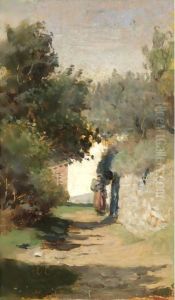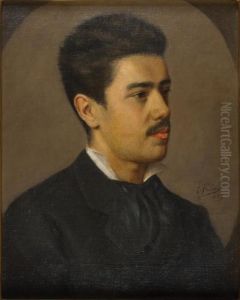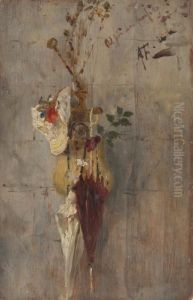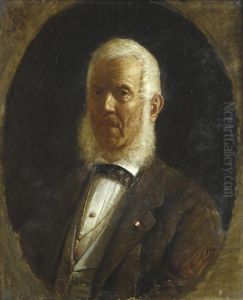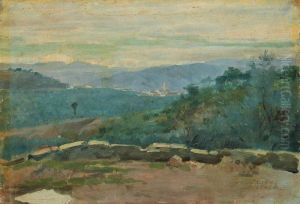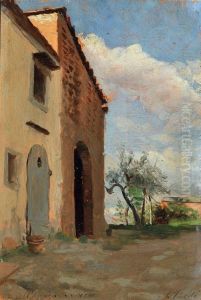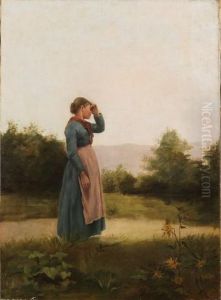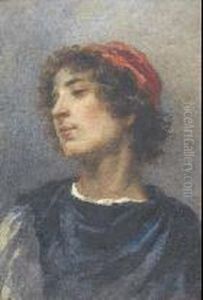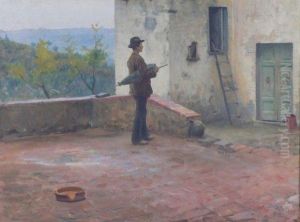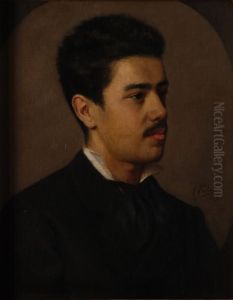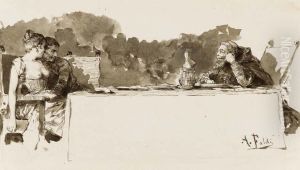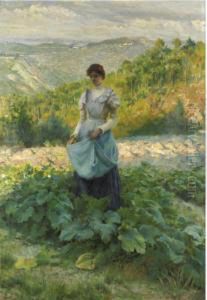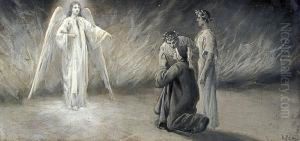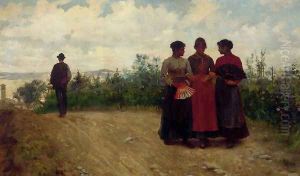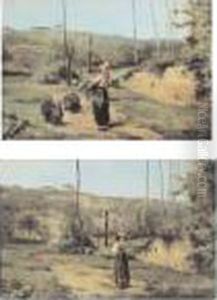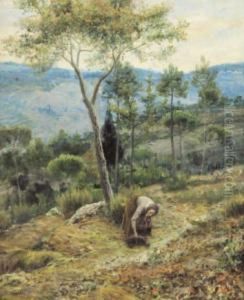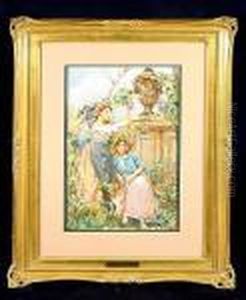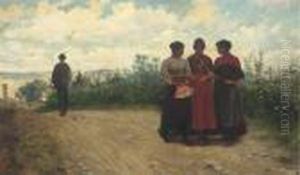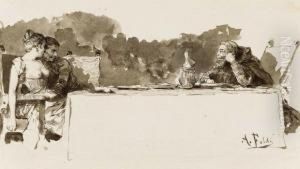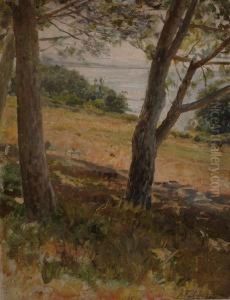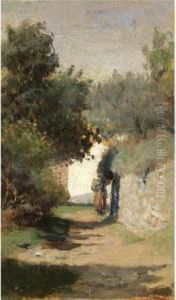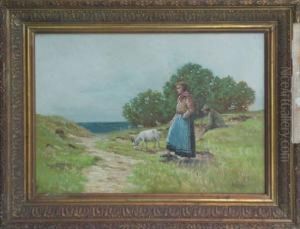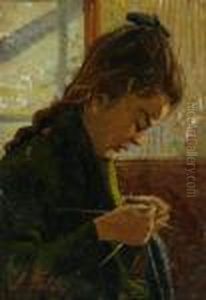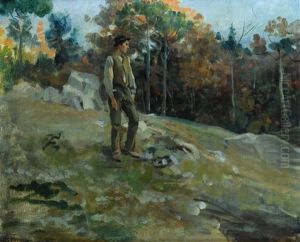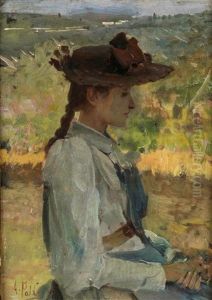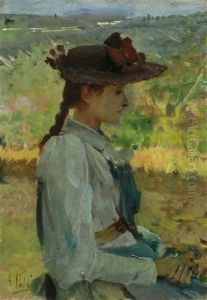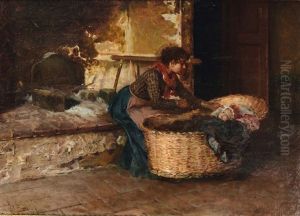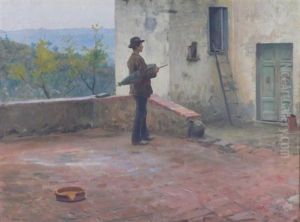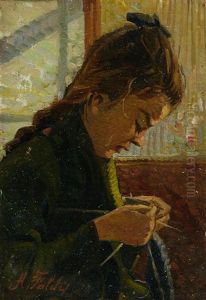Arturo Faldi Paintings
Arturo Faldi was an Italian painter born in 1856 in the town of Livorno, Tuscany. He is noted for his contributions to 19th-century Italian art, especially in the genre of portrait and landscape painting. Faldi received his artistic training at the Academy of Fine Arts in Florence, where he was influenced by the Macchiaioli group, a circle of Italian painters active in Tuscany in the second half of the 19th century who were forerunners of the Impressionists.
Faldi's career was marked by his focus on capturing the everyday life of his surroundings, often depicting the Tuscan landscape and its inhabitants with a sensitive eye. His work is characterized by a vibrant use of color and light, with a particular attention to the effects of sunlight on natural settings.
Although not as widely known as some of his contemporaries, Faldi's paintings were well-regarded in his time, and he participated in various exhibitions, including the Venice Biennale. His work was also appreciated for its emotional depth and the ability to convey the mood of the subjects he portrayed.
Arturo Faldi passed away in 1911, leaving behind a body of work that reflects his passion for the natural beauty of Italy and the simple elegance of its rural life. His paintings are now held in various collections and continue to be studied for their contribution to the development of Italian art during a period of significant change and innovation.
